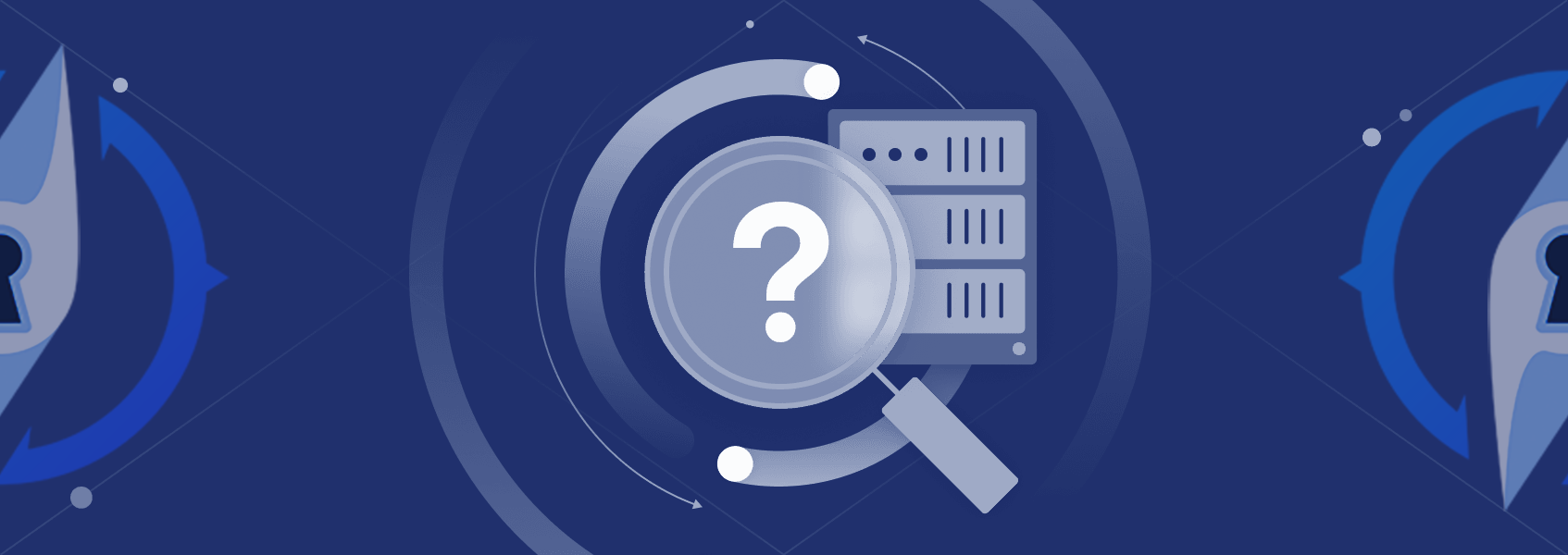
Web scraping, the method of gathering and extracting data from various websites for personal use, plays a crucial role in enhancing the competitiveness of your online business. You can use this process to gather pricing, discount, and other relevant data from competing websites, enabling you to enhance your own website and business operations. However, since web scraping can affect the performance of the scraped websites, many web administrators are on high alert for potential scrapers. While some sites may not have anti-scraping measures, others have developed inventive strategies to prevent scraping. Therefore, it's essential to scrape intelligently and diligently to avoid detection and potential blocking.
Harnessing the Power of Web Scraping Proxies for Data Mining
Being blocked can be a major setback for a Python web crawler. However, there are innovative methods to dodge these roadblocks. Even if you're blacklisted from a specific site, certain strategies can help you bypass these restrictions and continue to extract crucial data. One of the most effective strategies is the use of high-quality web scraping proxies. Here are some of the most effective proxy options to help you seamlessly gather the data you're after:
Shared proxies, as implied by the name, are proxies that serve multiple users simultaneously. They're an excellent tool for masking your identity during anonymous web scraping. If you're operating on a budget and can't afford a private or dedicated proxy, shared proxies are an optimal choice. They're cheaper but less sophisticated than other options, so they don't guarantee absolute security. However, shared proxies can fulfill their primary role—bypassing web filters, hiding your identity, and disguising your geolocation. They're also suitable for web scraping and can handle bot usage. To optimize security and performance, ensure you source these from a reliable web scraping proxies provider.
Private Proxies
In contrast to shared proxies, private proxies serve one user at a time. They're extensively used by businesses due to their superior security features and robust anonymity. For example, many travel fare aggregator companies use private proxies to extract crucial data from airline websites, regardless of IP restrictions. Private proxies are indispensable tools for scraping valuable competitive information on pricing, discounts, and emerging trends. They're also ideal for creating and managing multiple personal and business social media accounts. Keeping your usage frequency low can help you overcome the most stringent web scraping restrictions.
Datacenter Proxies
Data center proxies come in two main forms: secure socket proxy (SOCKS) and hypertext transfer protocol proxies (HTTP). Both are popular solutions for hiding identity and geolocation during web scraping. Unique from the other options, datacenter proxies aren't tied to your internet connection or ISP. This separation makes them usable without being linked to a specific location. Essentially, datacenter proxies are IP addresses provided by a corporation other than an internet service provider. When you access the internet through a data center proxy, your actual identity remains concealed, leaving no trace of your network activities.
Residential Proxies
Residential proxies are connected to real residential addresses that are almost impossible to ban, making them distinct from datacenter proxies. They effectively hide your IP address and facilitate data gathering from across the web. Their primary advantage lies in their resistance to restrictions. Furthermore, they're entirely legitimate and allow for a higher rate of requests per minute. However, they're typically more costly and challenging to obtain than other scraping proxies.
In Conclusion
While web scraping isn't illegal, it's essential to approach it wisely and be mindful of the kind of data you collect. Maximizing the benefits of web scraping requires a reliable web scraping proxy provider that can supply you with high-quality proxies tailored to your business needs.
Partner: Gotranscript.com
Frequently Asked Questions (FAQs) about
What is web scraping?
Web scraping is a method of gathering and extracting data from various websites for personal use. This process can help gather crucial data like pricing, discounts, and other relevant information from competing websites.
What is the challenge with web scraping?
The challenge with web scraping is that it can affect the performance of the scraped websites. As a result, many web administrators are on high alert for potential scrapers, and some sites have developed strategies to prevent scraping, which can lead to your IP being blocked or blacklisted.
What is the solution to avoid detection during web scraping?
One of the most effective solutions to avoid detection during web scraping is the use of high-quality web scraping proxies, such as shared proxies, private proxies, datacenter proxies, and residential proxies.
Shared proxies serve multiple users simultaneously, making them an excellent tool for anonymous web scraping. They are a cost-effective option but offer less security compared to other types of proxies.
What are private proxies?
Private proxies serve one user at a time. They offer superior security features and robust anonymity, making them popular for businesses that require data scraping.
What are datacenter proxies?
Datacenter proxies are IP addresses provided by a corporation other than an internet service provider. They offer solutions for hiding identity and geolocation during web scraping and aren't tied to your internet connection or ISP.
What are residential proxies?
Residential proxies are connected to real residential addresses, making them almost impossible to ban. They effectively hide your IP address and facilitate data gathering from across the web.
Is web scraping illegal?
Web scraping itself isn't illegal. However, it's essential to approach it wisely and be mindful of the kind of data you collect to respect privacy laws and website terms of service.





